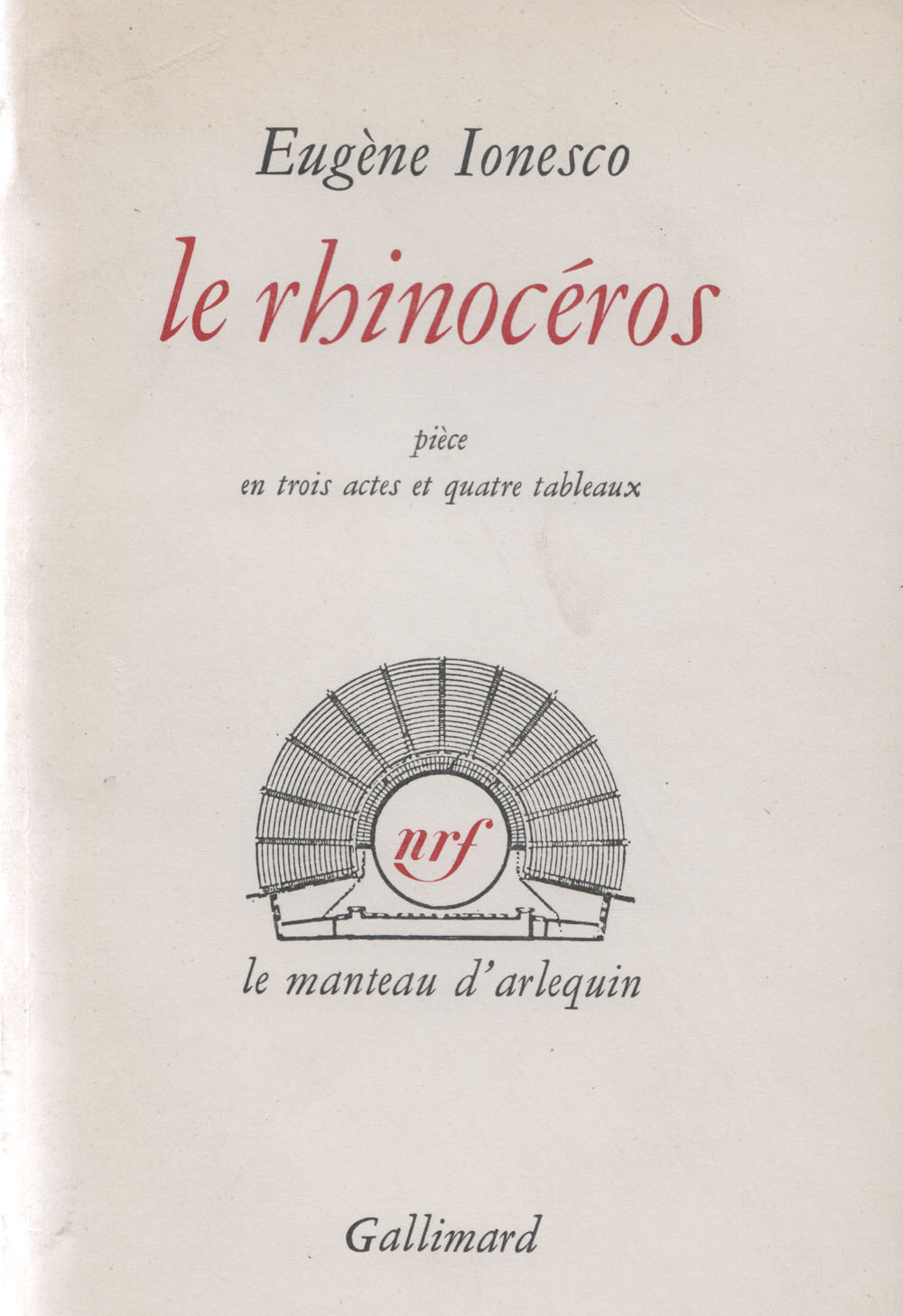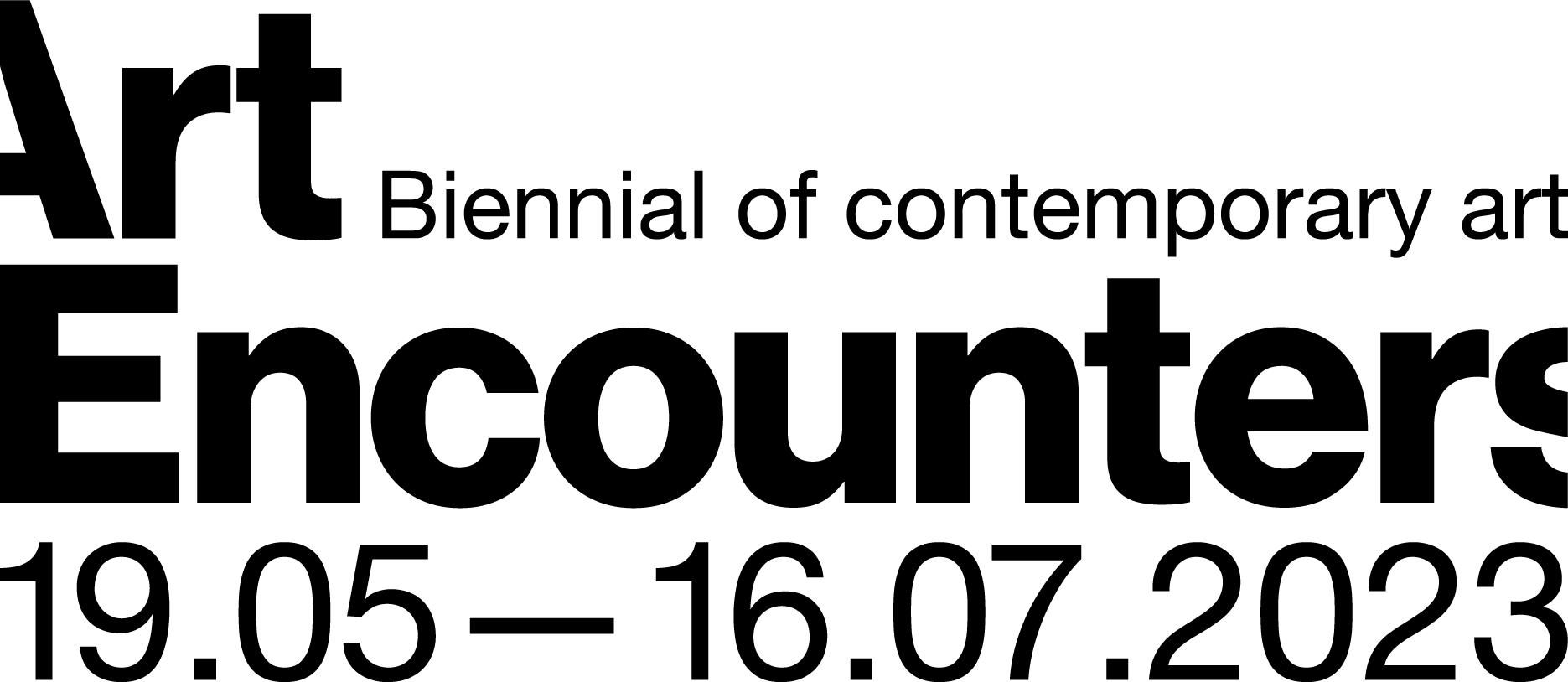
Eugen Ionesco
Eugen Ionesco (1909–1994) was a French playwright of Romanian origin and, along with Samuel Beckett, one of the most distinguished representatives of the theater of the absurd. Born to a Romanian father and a French mother, Ionesco spent most of his childhood in Paris. However, he completed his studies and had his first jobs in Romania, and after WWII, he returned to Paris as a translator and proofreader. Published in 1950, his first play, The Bald Soprano, was a real success and earned him the friendship of great names such as Mircea Eliade, Luis Buñuel, or André Breton. Ionesco won numerous literary prizes, and in 1970 he was elected a member of the French Academy. His dramaturgical work succeeded in exemplarily revealing the futility of human existence in a completely unpredictable world marked by the impossibility of honest communication between individuals. Even so, the absurdity of his plays, nonsensical puns, and deliberately suffocating and alienating atmosphere are all crossed by a certain sense of humanity and a lot of humor. He also wrote The Lesson (1951), The Chairs (1952), Victims of Duty (1953), Amédée (1954), Jacques, or the Submission and The New Tenant (1955), The Killer (1958), Rhinoceros (1959), Exit the King (1962), and many other plays. Rhinoceros is undoubtedly the best-known, and his authentic response to the rise of authoritarian regimes and human complicity. Eugen Ionesco was one of the most innovative playwrights of the 20th century. This spectacular personality managed to transfer a good part of the surrealist techniques to the stage set.
IONESCO, Eugéne. Rhinoceros and other plays. (Derek Prouse Trans.) Grove Press, New York, 1960, pp. 34-37.




